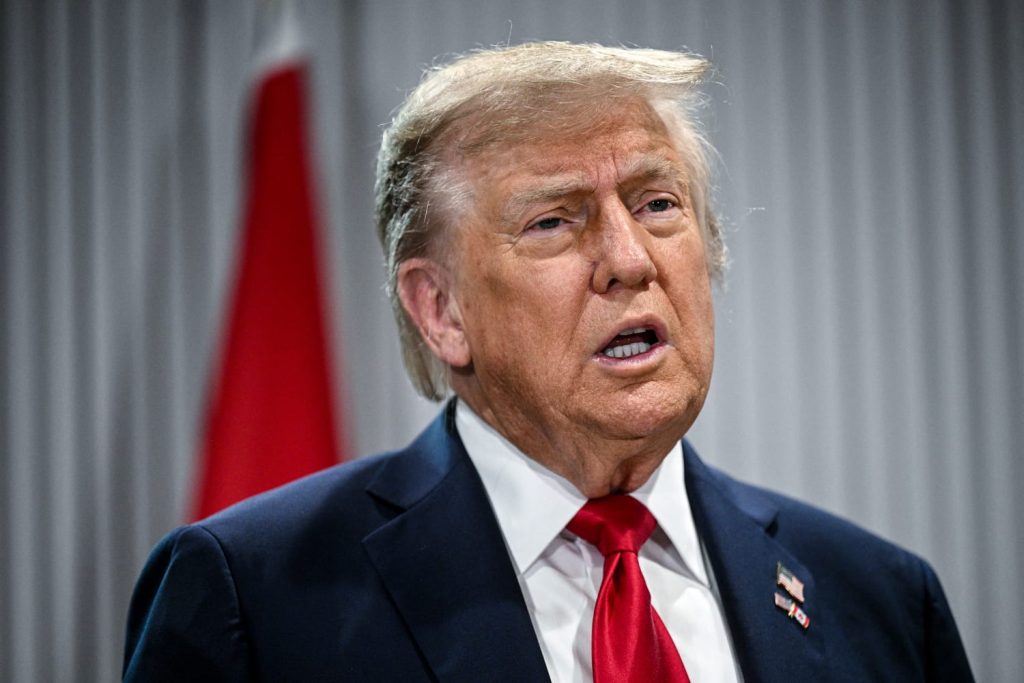At a prominent National Day ceremony in Iowa, President Donald Trump emphatically stated he believes he is the best-suited candidate for the Nobel Peace Prize. He referenced a series of diplomatic initiatives, implying these qualify him uniquely for the honour.
Trump’s Key Peace Achievements
- De-escalation of India–Pakistan Tensions:
Trump cited U.S.-led diplomacy as instrumental in preventing a potential nuclear standoff between India and Pakistan, positioning it as a cornerstone of his peace strategy. - Rwanda–DRC Ceasefire Mediation:
He claimed U.S. intervention under his leadership led to ceasefire progress between the Democratic Republic of Congo and Rwanda highlighting the humanitarian and regional implications of the truce. - Kosovo–Serbia Understanding:
Trump remarked that his administration helped build momentum for improved relations between Kosovo and Serbia, pointing to peace outreach in the Balkans. - Iran’s Nuclear Deterrence:
He credited his efforts in neutralizing Iranian nuclear capabilities, presenting it as a strategic move that fostered restraint and stability in the Middle East.
Trump’s Criticisms of the Nobel Committee
- Disparaging Past Winners:
Trump dismissed previous compelling candidates as “unknown professors,” suggesting the committee lacks appreciation for impactful leadership. - Accusations of Political Bias:
He contended that liberal ideologies influence the Nobel selection process, insinuating his conservative legacy is being unfairly sidelined.
Nominations, Withdrawals & Reactions
- Formal Nominations:
Trump has been nominated by multiple figures, including U.S. legislators and a now-withdrawn Pakistan government recommendation, each pointing to his influence in diplomatic events. - Nomination Reversals:
Some backers like a Ukrainian MP and the Pakistani government later withdrew support, citing concerns over recent U.S. military strikes linked to Trump’s policies. - Trump’s Self-Reflection:
He posted that while he believes he deserves the prize, he will likely never receive it due to perceived systemic bias in the selection process.
Global and Media Perspectives
- Leadership Reactions:
Certain international leaders acknowledged Trump’s role in specific diplomatic breakthroughs, though others, including India’s officials, questioned or denied U.S. involvement in the matters cited. - Analyst Critique:
Many regional experts called Trump’s claims “grandiose,” pointing out that while the Rwanda DRC ceasefire shows promise, its success hinges on sustained monitoring and political commitment. - Public Satire:
Comedians and late-night hosts lampooned Trump’s self-nomination as a publicity stunt, noting that his political and military track record complicates the notion of peaceful credentials.
Final Analysis
Trump’s move to self-brand as a Nobel Peace Prize frontrunner reflects a bold use of rhetoric, blending domestic political theatre with global diplomacy narratives. While several initiatives offer diplomatic value, critics argue that legacy-stripping commentary, military interventions, and inconsistent outcomes make a compelling Nobel case unlikely. Whether posterity views him as a peace pioneer or a polarising personality remains an open question.



Comments (0)
No comments yet. Be the first to comment!
Leave a Comment